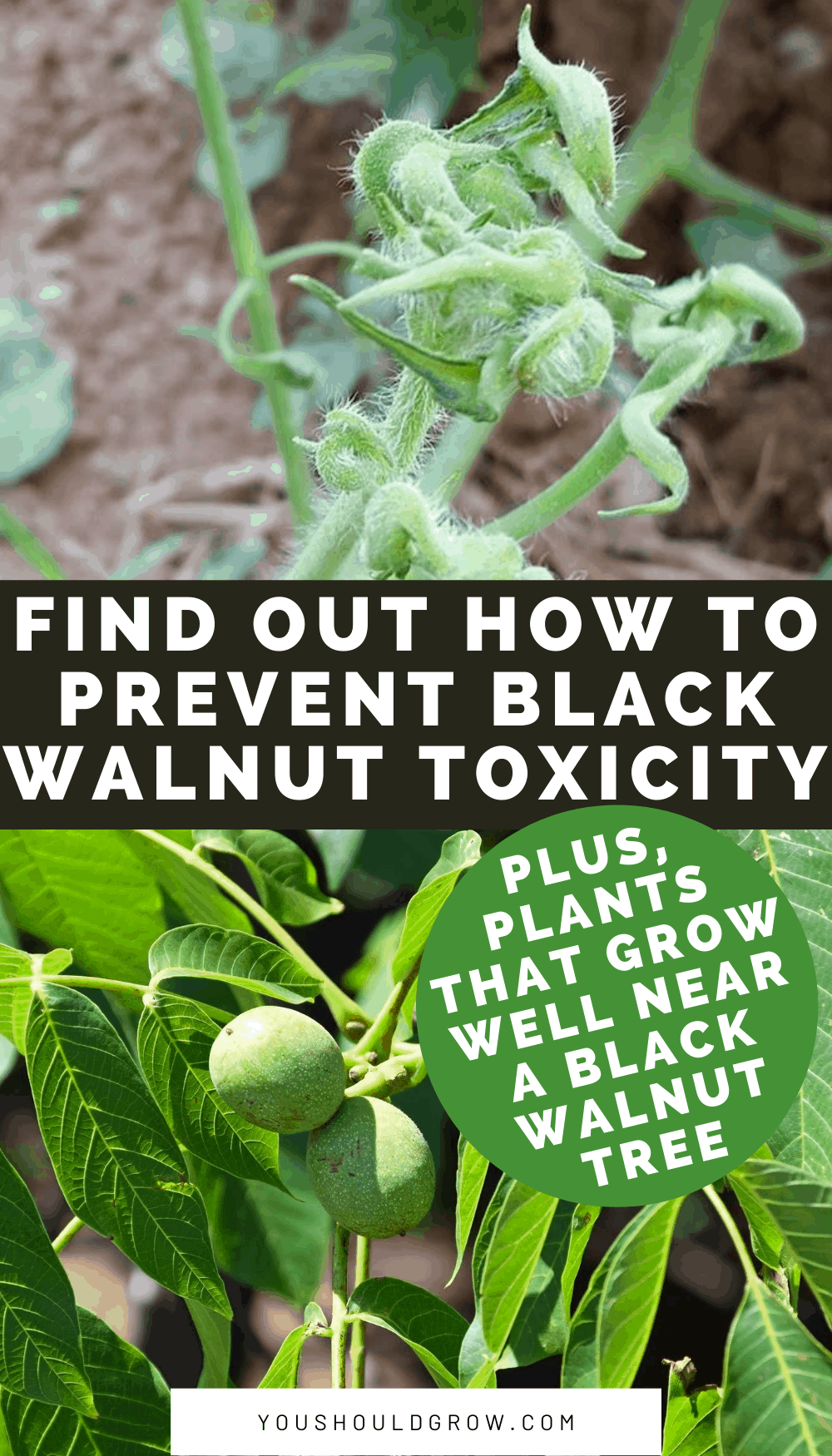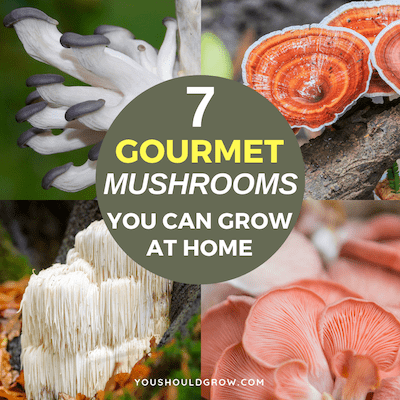How Black Walnut Trees Kill Vegetable Plants
As an Amazon Associate and member of other affiliate programs, I earn from qualifying purchases.
Did you know that some trees produce a chemical that is toxic to your vegetable plants? Producing chemicals that inhibit the growth of nearby plants is called allelopathy.
In the case of walnut and hickory trees, an allelopathic chemical called juglone causes wilting of some of your favorite homegrown veggies including tomatoes.
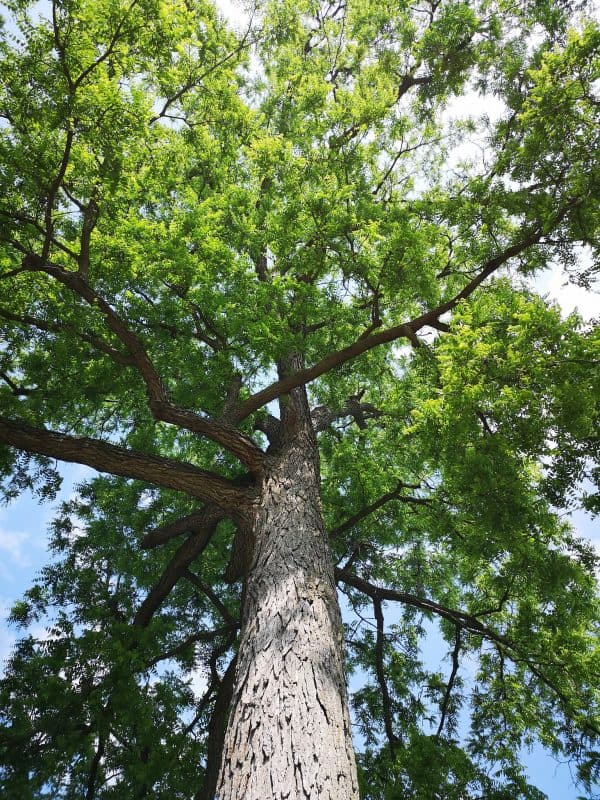
What makes black walnuts toxic?
Toxic juglone produced in the buds, leaves, stems, nuts, and roots is absorbed by nearby plants and leads to death of the plant.
By inducing death in nearby plants, walnuts and hickories can reduce the competition of other plants nearby so that all water and nutrients can be reserved for the trees.
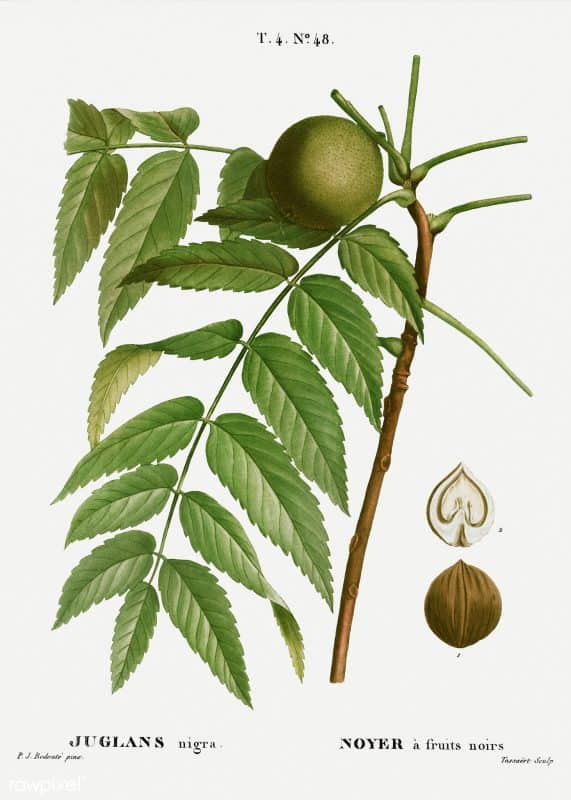
A sensitive plant can be poisoned by contact with the tree roots or the accumulation of leaves, nuts, and branches which fall to the ground. Even rain dripping off of leaves and branches can contain toxic amounts of juglone.
Additionally, after removal of a walnut tree, the decaying roots may continue to release the toxic chemical for many years.
Symptoms of black walnut toxicity
Symptoms of juglone toxicity include stunted growth, discolored and twisted leaves, and wilting of parts or the whole plant.
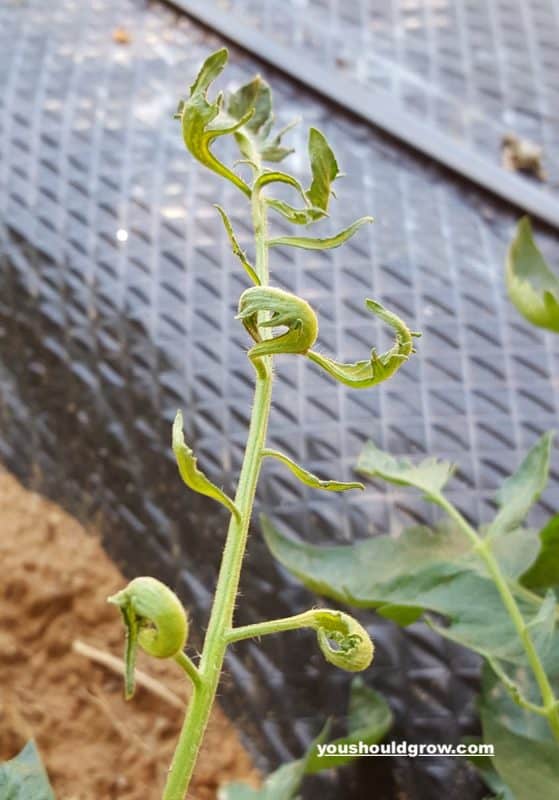
Sometimes the symptoms will come up quickly and other times the wilting and death occurs more slowly depending on how much juglone the plant has been exposed to.
Which vegetables are sensitive to juglone?
Some of your favorite vegetables like tomatoes, peppers, and potatoes are sensitive to juglone. Cucumbers, asparagus, and cabbage will also succumb to juglone toxicity.
Because so many plants are sensitve to the toxic substance, it’s much easier to list the vegetable plants that will tolerate juglone to some degree.
These veggies include squashes, melons, beans, and corn as well as root crops like beets, carrots, and parsnip.
Onions, garlic, and leeks will also grow around black walnut trees.
You could also consider planting some fruit trees like peaches and plums which will tolerate juglone from nearby black walnuts.
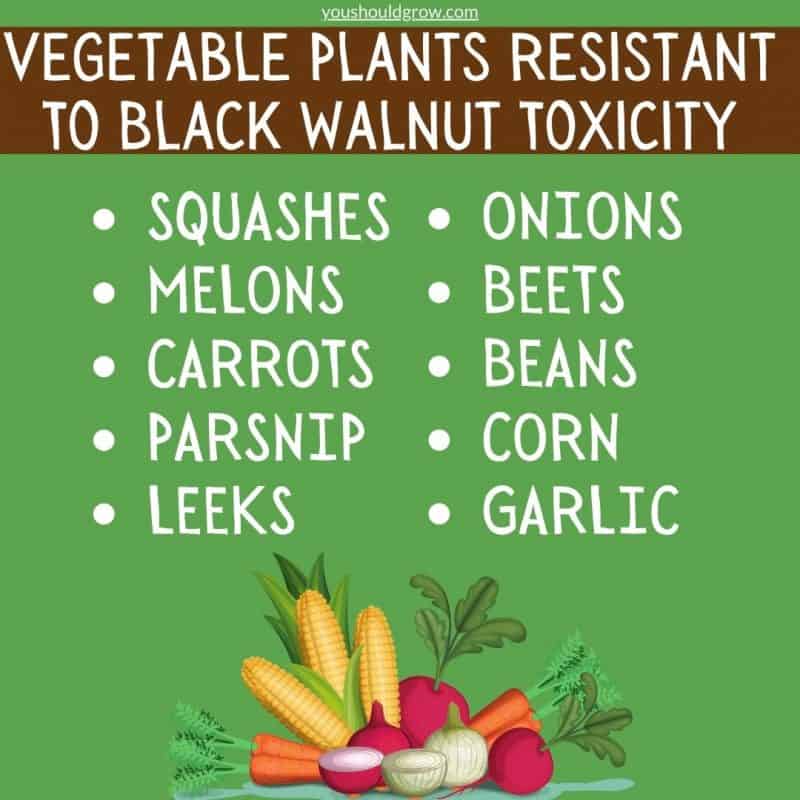
What should you do if you have a toxic walnut tree in your garden?
Aside from planting resistant vegetables, there are a few things you can do to minimize the risk of toxicity from walnut trees.
First of all, move your garden as far away from the walnut tree as possible. The best location would be out from under the tree branches entirely, and remember that the roots can extend out up to 50 feet from the base of the tree.
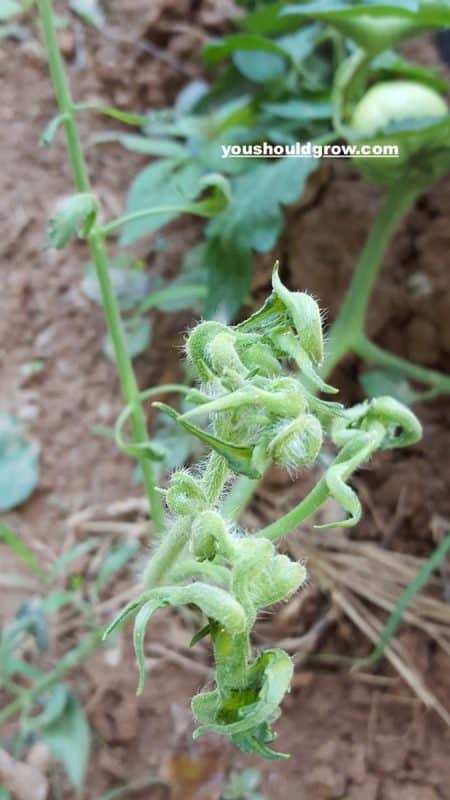
If you can’t get a safe distance from the toxic tree, building raised beds with weed fabric lining can minimize potential root contact.
Make sure that you pick up or block any tree debris such as leaves and nuts from laying on the topsoil as these will release juglone as they decay.
Healthy, well draining soil with plenty of organic matter and a good population of soil microbes will speed up the decomposition of juglone, but you should still avoid mulching your vegetable garden with any part of the walnut or hickory tree.
What other trees produce juglone?
While black walnuts produce the highest concentration of juglone, all members of the walnut family make this toxic chemical to some degree.
This includes other walnuts, hickory trees, butternuts, and pecan trees.
Can you compost walnut leaves and branches?
It may be surprising to know that you can actually add leaves of the walnut tree to your compost pile…as long as you keep a healthy balance of organic material and moisture to facilitate the decomposition of juglone.
Woodchips can also be used if allowed to compost for a minimum of six months.
Non-vegetable plants tolerant of juglone
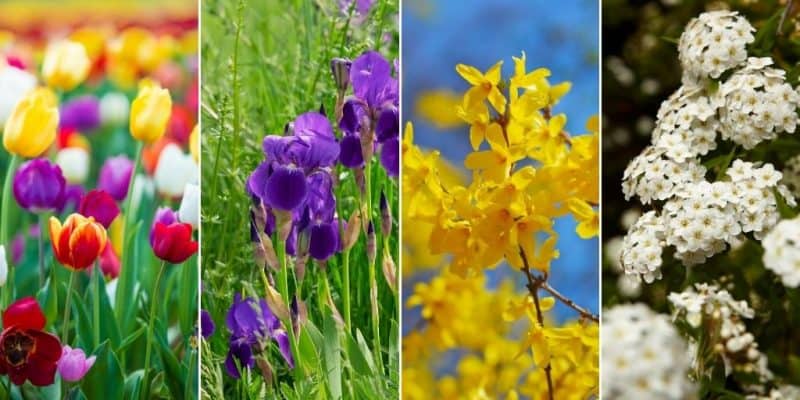
While juglone can affect many plants, it is still possible to have a lovely landscape that includes walnut trees.
Many bulb flowers like tulips, iris, and daffodils will not have a problem growing near a walnut tree.
Forsythia, viburnum, and rose of Sharon will also bloom in the presence of juglone producing trees.
Click here for a complete list of juglone resistant landscaping plants.


